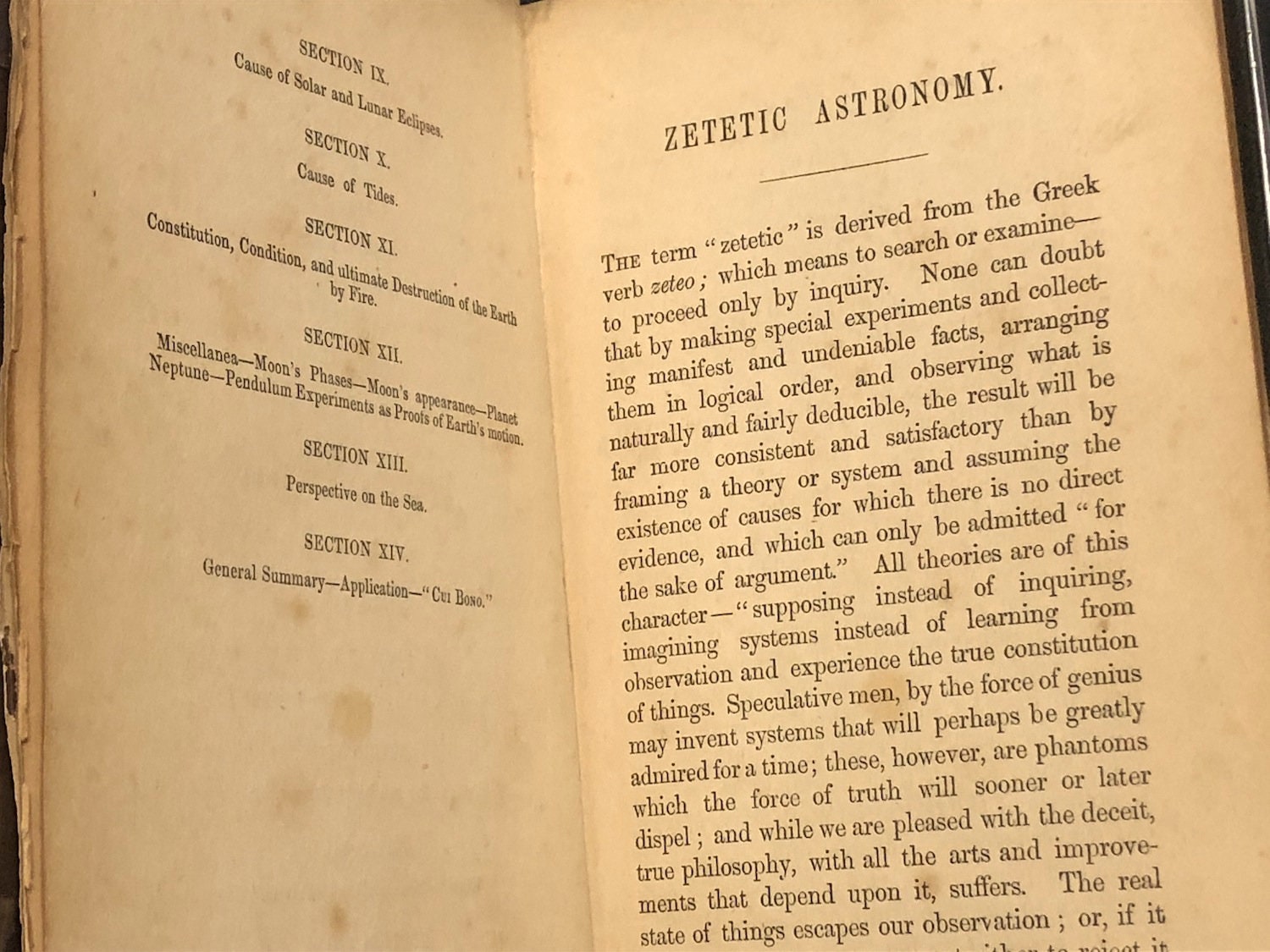


(To further confuse, there is another version of the Greek verb often cited as the root – zetein.) Sadly, the verb lingers now only in academic or biblical circles. According to an online journal called Zeteo, that I discovered after drilling through further Google pages, the verb may be translated as: to challenge, to question, to seek honestly, to dispute, to debate and pose alternative ideas and solutions. A transliteration of a Greek verb (ζητέω), it is used liberally in classical Greek philosophy as well as in the New Testament. It is a wonderful and evocative word, yet somehow its soft, noble voice was overwhelmed by the clamor and din of the industrial age.īut let’s start at the beginning, which is the root word zeteo (now pronounced zeh-TAY-o). Take zetetic – a word which is listed as extant circa 1640, presumably having been plucked from the Greek by an unknown inkhorn. But in the aftermath, history becomes littered with the corpses of countless words that did not deserve to die. (Not to worry, the general theme of Her Argument is Play, in all its marvelous incarnations!)īut the reason I write about it here is that the word raises a question – How do words vanish from the lexicon? Times change of course, civilization theoretically progresses, individuals supposedly progress along with it. Zetetic : inquiring or seeking… The word then became key to a whole chapter On Being Zetetic, in my upcoming book Her Argument. Me too… until I stumbled across the adjective when searching through online dictionaries for a term related to what I do a lot of.


 0 kommentar(er)
0 kommentar(er)
